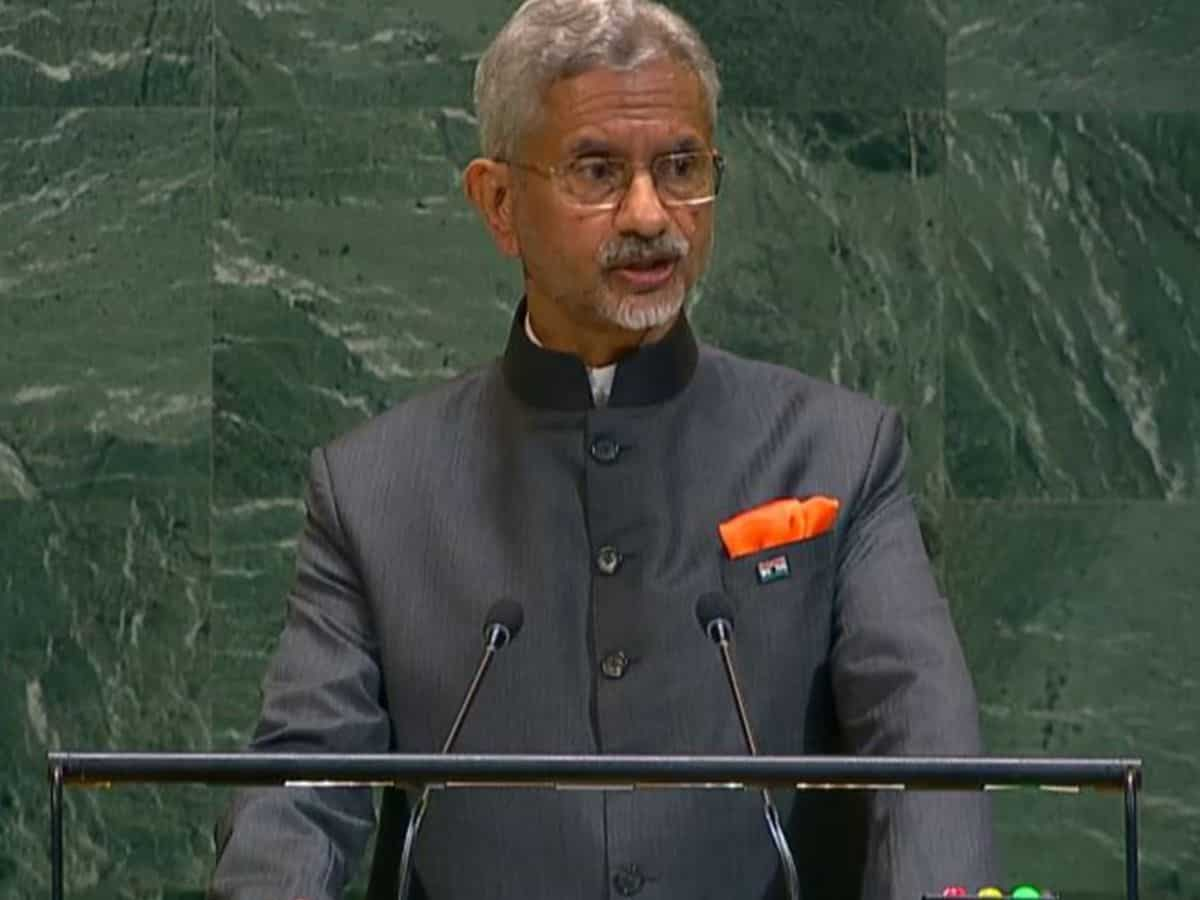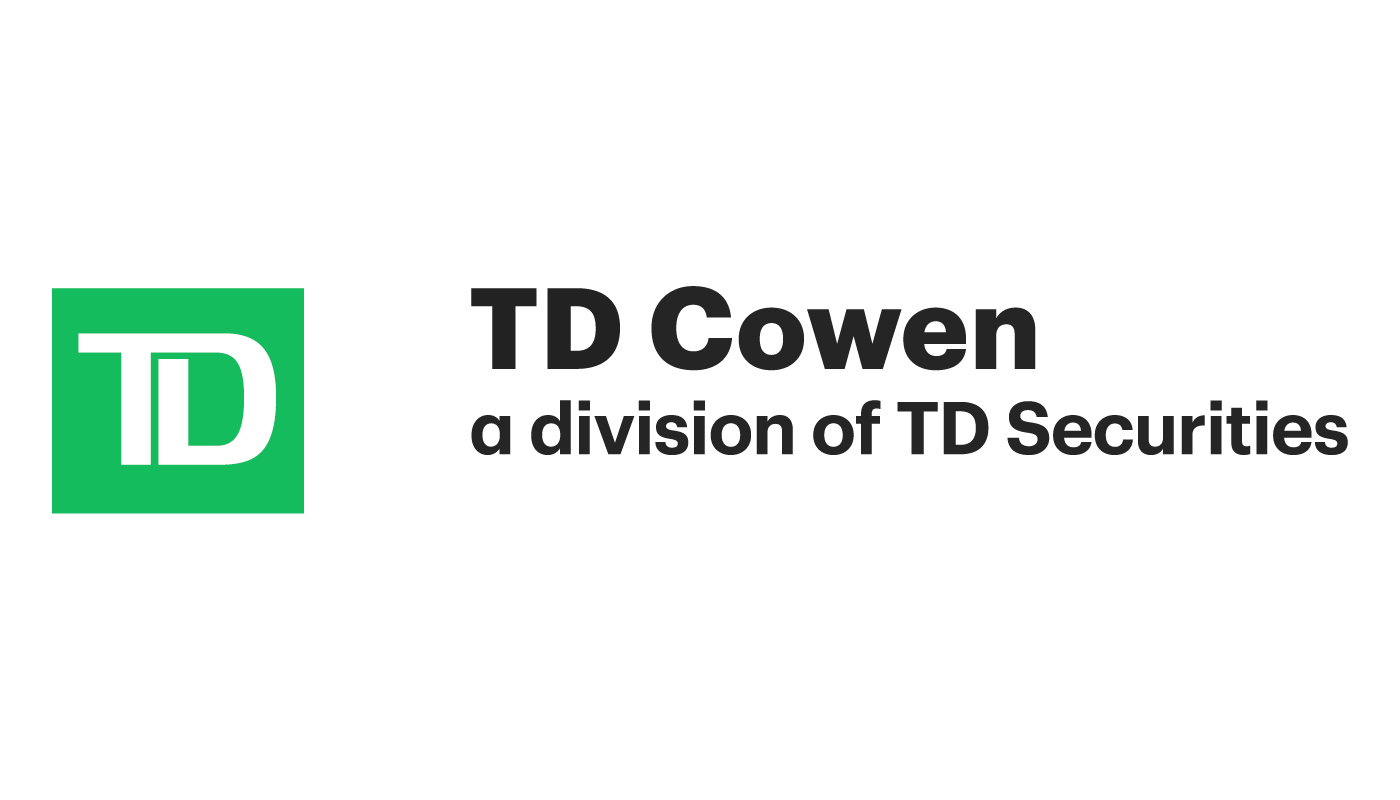The role of yet another insolvency resolution professional (RP), Girish Juneja, has come under the scanner of the Committee of Creditors (COC) of Hindustan National Glass (HNG), one of India’s oldest and leading container glass-making companies. This is after Justice NV Ramana, the former chief justice of the Supreme Court (SC), gave an opinion last month that the RP’s actions may have given an undue advantage to a party AGI Greenpac, which is in the race to acquire the company. Sources close to the CoC said that members of the committee were in possession of Ramana’s opinion on the RP. The RPs have been given wide powers to ensure that the buyout of insolvent companies goes through.
HNG’s insolvency resolution, which could potentially fetch more than Rs 2,000 crore, started in January 2022 but ran into controversy after the CoC had selected a large bidder that lacked an unconditional approval from the Competition Commission of India (CCI). On May 30, Justice Ashok Bhushan of the National Company Law Appellate Tribunal (NCLAT) stayed the deal process for HNG and directed the authorities “to adjourn the plan approval application” on the reasoning that it was “necessary to decide the correctness of the two CCI orders before the process is allowed to proceed any further”.
Email queries were sent to at least 10 persons including RP Juneja and the members of CoC, which remained unanswered.
The parties bidding for HNG were required to have a prior unconditional clearance from the CCI for the acquisition, a rule that was set by the RP himself through an email sent to all the bidders. But when it came to awarding the deal, a party that was yet to receive any CCI clearance and whose application was not even pending before the CCI was selected by the RP, who was then pushing ahead with the process.
Why the spotlight on RP?
“The actions of the RP have given an undue advantage to AGI. In fact, considering there were only two bidders, INSCO and AGI, and since INSCO already had (CCI) approval under green channel under the date of submission of its final resolution plan, the decision taken by the RP was categorically only in favour of AGI being the only bidder who did not have a CCI approval,” Ramana said in his opinion granted on the matter last month.
Interestingly, Ramana also said that AGI’s resolution plan would not have been eligible for voting in the first place since on the date of submission of the plan as well as voting, AGI did not have any application pending before the CCI. “Yet, the RP has reposed utmost confidence in the resolution plan of AGI. There is merit in the arguments that actions of RP was to give special preference to one bidder and the same ought to be examined by the NCLT under regulation 36 of CIRP and prevalent precedents,” Ramana said.
Faulty approval
RP has to put up the best resolution plan for the beleaguered companies to the NCLT for a final approval.
Ramana said on September 26 that the RP Juneja, contrary to his own decision, submitted the resolution plan of AGI to NCLT without there being any CCI approval. Also, prior to October 28, the day of the CoC’s approval to the RP’s submission, AGI’s Form-I application to the CCI had already been considered ‘not valid’ by the commission. Later, on November 5, when AGI’s plan was submitted for approval from NCLT, the company had no CCI approval for its plan since it had submitted a Form-II application only on November 3 despite Form-I being held invalid.
Ahead of the filing of the resolution plan with NCLT, RP Juneja on August 28 watered down the requirements under the RFRP (request for resolution plan) to suit AGI and said that CCI approval for the takeover could be availed after approval of plans by the CoC but before the application to the NCLT. This was done without any approval of the CoC and any discussions thereupon, Ramana noted.
Mystery of conditional CCI approval
The CCI order dated March 15, 2023 reveals that CCI is of the prima facie opinion that the combination of HNG and AGI is likely to result in an ‘appreciable adverse effect on competition’ in the overall container glass packaging in general and in the sub-segments of alco-beverage and F&B in particular.
However, CCI proposed modifications by AGI that involved divestment of the Rishikesh plant of HNG, which in the submission of AGI would reduce the impact on the competition. Thus, the CCI granted approval to AGI only on the basis of this modification.
“Modifications were only submitted (by AGI) on March 10 and 14 and CCI order was passed on March 15. Thus it is clear that the CCI order is completely based on the submission of AGI and it has not had a chance to verify and examine the submissions. The submission of AGI, if proved to be false, would render the basis of the CCI order as wrong and liable to be set aside,” Ramana noted.
Further, since AGI’s plan was not disclosed to the RP, CoC on the submission of the resolution plan and its voting and on the date of filing of application by the RP to the NCLT for final approval, it is a clear case of non-disclosure and concealment by AGI. It would be tantamount to misrepresentation, Ramana noted. “A resolution plan discussed and approved on the basis of such non-disclosure should be set aside and sent back to the CoC as being violative of various sections,” Ramana said.
Is conditional approval allowed?
“There cannot be a conditional approval of a resolution plan and the plan cannot be approved subject to receiving permissions from CCI,” Ramana said.
The former CJI placed the reliance on an SC judgement in Ebix Singapore v/s CoC of Educomp Ltd where it had been held that a resolution plan conditional to future events/negotiations cannot be approved in the present form. The acquisition of HNG would lead to direct horizontal overlaps and also vertical overlaps and would attract the rigours of Section 5 of the Competition Act, he said. Also, the modifications would involve the closure of plants and the HNG workers union too have submitted various complaints to the chief of the Insolvency and Bankruptcy Board of India, the Comptroller and Auditor General, the finance ministry, SEBI and other regulatory and investigative agencies raising concerns over the role of the RP and controversial process being followed.







































